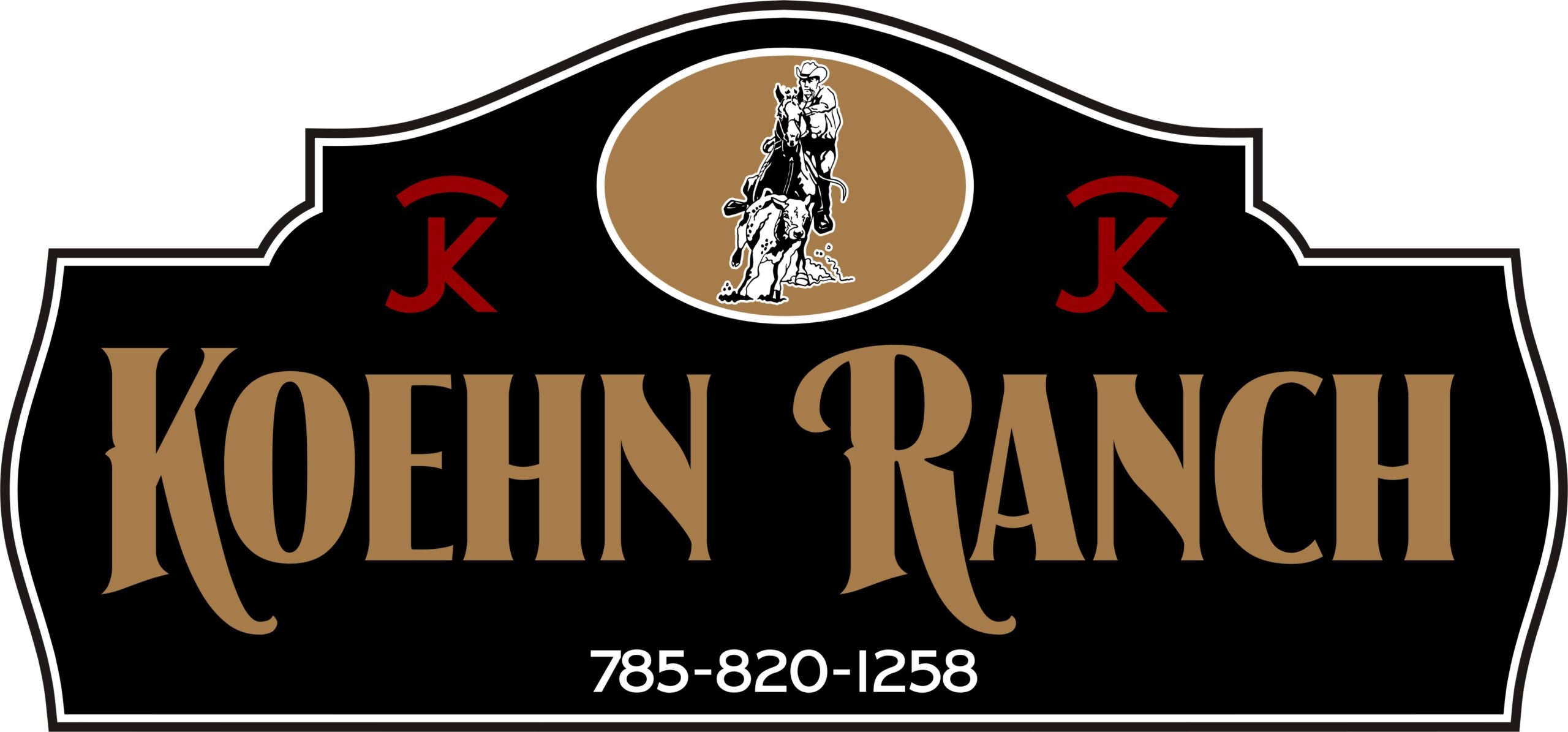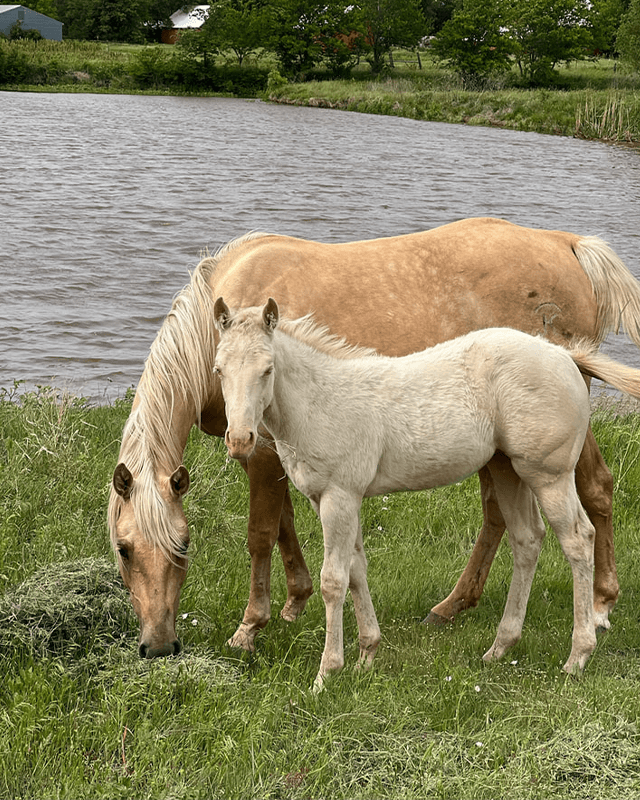Managing the feed and diet of a racing horse is essential for their health and performance on the track. A well-balanced and nutritious diet can help the horse perform at their best, avoid injuries, and recover faster after races. Here are some tips on how to manage the feed and diet of a racing horse.
Consult with a veterinarian
The first step in managing the feed and diet of a racing horse is to consult with a veterinarian. They can assess the horse’s health and nutrition needs and help you develop a diet plan that is tailored to the horse’s individual requirements.
Consider the horse’s age, weight, and level of exercise. A racing horse’s feed and diet needs will depend on their age, weight, and level of exercise. Younger horses and lighter horses will require less feed, while older horses and heavier horses will require more. The amount of feed and the type of feed will also depend on the level of exercise the horse is undergoing.
Provide a balanced diet
The diet of a racing horse should include a balanced mix of carbohydrates, proteins, and fats to provide the horse with the energy they need to perform on the track. Hay and pasture grass can provide carbohydrates, while grains and protein supplements can provide additional protein and fat.
Provide adequate hydration
It is essential to provide a racing horse with access to clean water at all times, especially before and after races. Dehydration can affect the horse’s performance and increase the risk of heat exhaustion, so it is important to make sure they are adequately hydrated.
Limit high-starch feed
High-starch feed, such as corn and barley, should be limited in the diet of a racing horse. These types of feed can cause digestive problems, such as colic, and can also increase the risk of tying-up, a condition where the horse experiences muscle cramping.
Monitor the horse’s weight
Monitoring the horse’s weight is an important part of managing their feed and diet. A horse that is overweight may be prone to injury and may not perform as well as a horse that is at a healthy weight.
Adjust the diet as needed
The diet of a racing horse may need to be adjusted as the horse ages, changes in weight, or changes in level of exercise. Regular check-ins with a veterinarian can help you keep the horse’s diet and feed on track.
Managing the feed and diet of a racing horse is an important part of ensuring their health and performance on the track. By following these tips, you can help your horse perform at their best and avoid injuries. As with any dietary change, it is important to consult with a veterinarian to ensure the diet is safe and appropriate for the individual horse.

